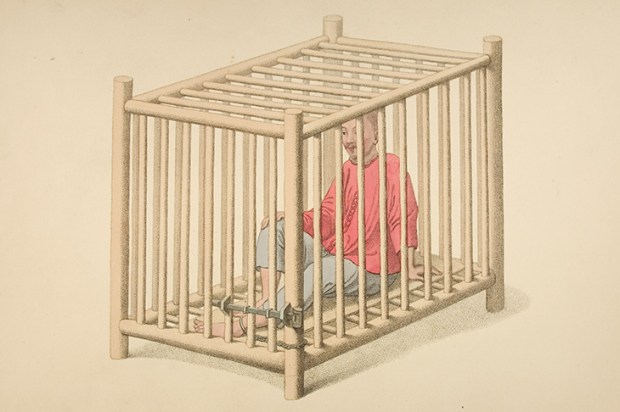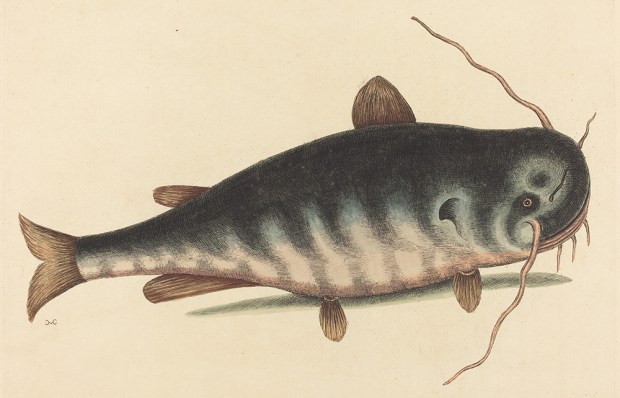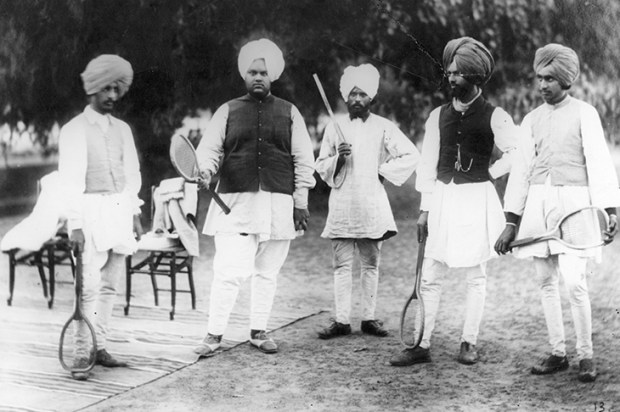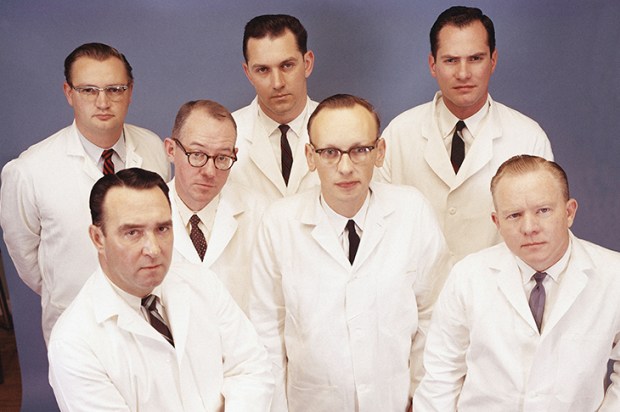Speccie reader Alan has asked me to explain ‘toxic masculinity’ adding ‘why is there never any mention of toxic femininity?’. The second part of his question really answers the first. That’s because this neologism ‘toxic masculinity’ (coined in American around 1990) refers to conventional or stereotyped expectations of the behaviours, qualities, and attitudes appropriate to men and boys. In other words, just being masculine is being toxic. It is standard or conventional masculine behaviour that is now regarded as poisonous. It seems that if you have a Y chromosome, you can never be cured, and you should just spend your life being ashamed of being male. That means there can never (for these people) be any such thing as ‘toxic femininity’ since their calculus is a very simple one: feminine good, masculine bad. Having three young grandsons I fear for the world they are growing up in.
Another Speccie reader (Dylan) writes to express his fear that Australia is being ‘Balkanised’ – and then asks where this word comes from. Well, the Balkans means a region of south-east Europe that takes its name from the Balkan Mountains (in modern Bulgaria). The word ‘Balkans’ is often taken to include Albania, Bosnia and Herzegovina, Bulgaria, Croatia, Kosovo, Macedonia, Montenegro, Romania, and Serbia. This designation has existed in English since the 1700s. The assumption is that the Balkans have long consisted of small, mutually hostile states. The adjective ‘Balkanisation’ came into English in 1914 with the meaning of ‘dividing a region into separate political or territorial units’. Division and separation could do that to Australia, unless the federal government provides the sort of leadership that brings us together as ‘team Australia’. The alternative Peta Credlin (very cleverly) calls ‘hotel Australia’ – just a bunch of passers-through who happen to live here, but have no commitment to the place or each other. That would be the ‘Balkanisation’ of Australia.
Got something to add? Join the discussion and comment below.
Contact Kel at ozwords.com.au
You might disagree with half of it, but you’ll enjoy reading all of it. Try your first month for free, then just $2 a week for the remainder of your first year.













